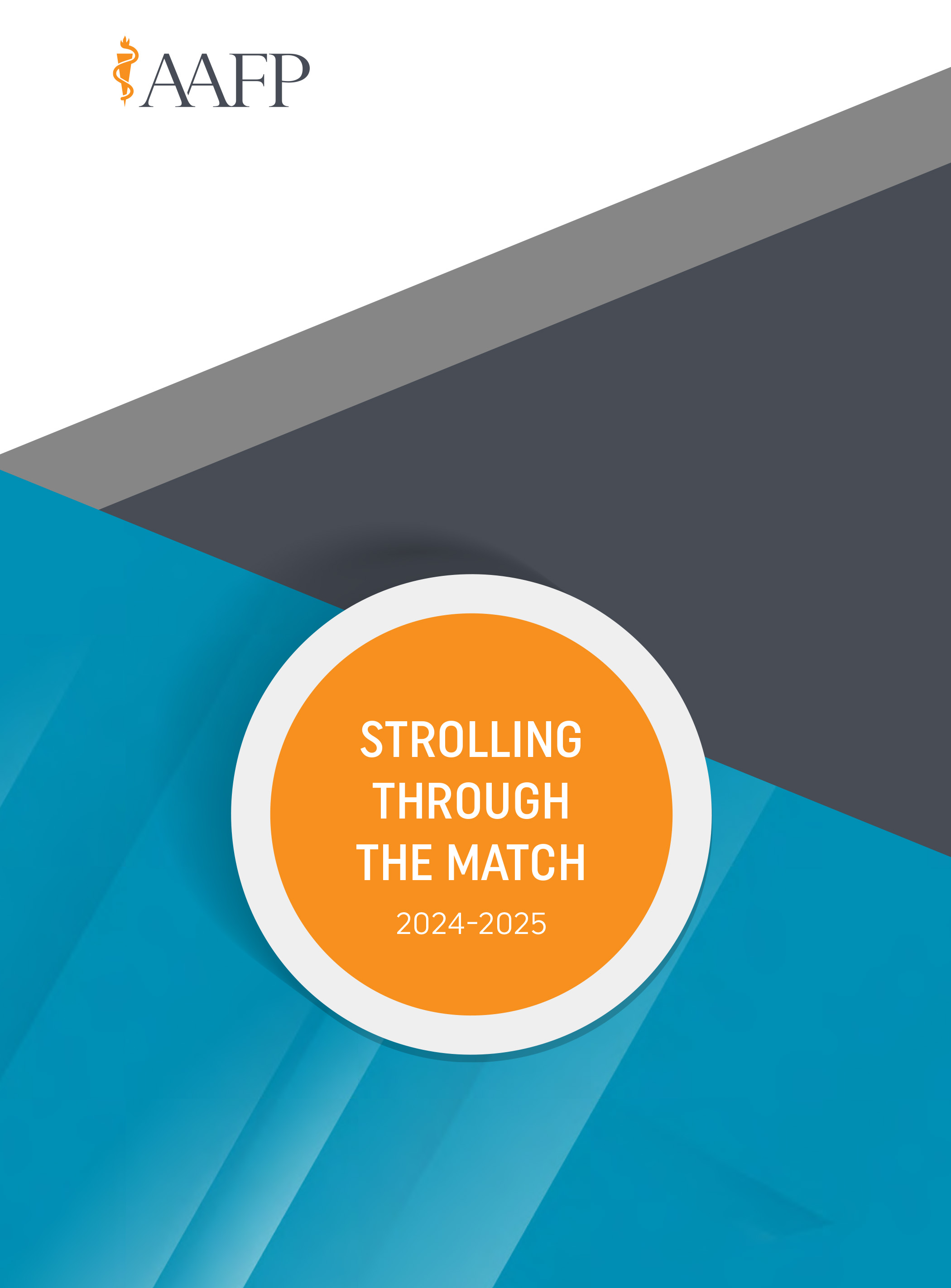Money and the Match
There’s a lot at stake during residency interview season. You’ve picked your specialty, but you don’t know where you’ll be training yet. The challenges of saving money at this crucial point in your career can add to the stress of the experience.
The Match process may not be as expensive as medical school, but the costs to find a residency program are still considerable. Students regularly spend between $1,000 to $7,500 interviewing for residency
There are several expenses that contribute to the cost of the Match process. The most expensive are interviews. This includes travel, application fees, and personal costs (such as purchasing professional clothing). Some costs are more manageable than others. A sample budget worksheet shows the major areas to account for when planning how to use your money during the Match process.
Learning to manage your spending and costs during Match can help you approach graduation feeling confident navigating everything that follows. If you move for residency, you’ll want to break down the costs of relocating and identify where you can save. Practicing financial skills as you head toward the next phase of training becomes increasingly important. Soon you’ll have your first paycheck as a physician and some major financial decisions to make.
Budget Categories and Money-Saving Tips
The main areas you'll need to consider when building a budget for the Match are fees and application costs, travel, and personal expenses. Below is a breakdown of what goes into each of these categories and ideas for how to spend less.
Free Resource
Updated for 2024: Strolling Through the Match

This practical resource from the AAFP is a must-read for students interested in a career in family medicine. Get your copy now for updated information on navigating the Match process, access to helpful timelines, and tips on applying to and ranking programs.
Download Strolling Through the Match »
Order the printed version for free »
Fees and application costs
You’ll pay three primary fees as you apply to residency programs; in 2018, applying to and ranking 20 programs set students back approximately $400. While the costs in this area are rigid, there are ways to be mindful and save nonetheless.
1. Electronic Residency Application Service (ERAS) fees are updated each year. In 2018, it cost $99 to apply to up to 10 programs. The cost per application goes up after you reach 10 programs.
- Savings tip: Avoid overapplying. Don’t spend money to send information to programs you wouldn’t want to interview, if invited.
2. A National Resident Matching Program (NRMP) fee is paid when you register for the Match. This is separate than your ERAs fees because ERAs is an application interface, not a matching service.
- Savings tip: Register early. The cost of the NRMP fee climbs as the Match gets closer. Also, be aware that ranking more than 20 programs will lead to additional charges.
3. United States Medical Licensing Examination and/or Comprehensive Osteopathic Medical Licensing Examination of the United States transcript access is required for your application. This access comes with a fee. Transcripts are requested from the NBME, NBOME, or ECFMG. It is usually around $80 total for transcript access.
Travel
Here are the common travel expense related to interviewing:
1. Rental car or taxi
2. Gas mileage
3. Airline tickets
- Savings tip: If you choose to get a credit card that gives travel rewards, make sure you can pay off your balance each month. You could end up spending more on interest of unpaid balances than the plane tickets themselves. It may be cheaper to choose flights based on ticket cost alone instead of relying on a loyalty program for one airline.
4. Baggage fees
- Savings tip: If you are flying on an airline that charges extra for carry-on items or checked bags, try to pack light. Chances are, you'll want to bring your interview outfit as a carry-on item anyway, so that you don't run the risk of not having it once you are on the ground.
5. Lodging
- Savings tip: Ask residency programs who invite you to interview if they offer lodging accommodations to interviewees.
- Savings tip: Find out through communities, such as a campus Family Medicine Interest Group (FMIG) if other students are interviewing at the same city or program and travel there together.
6. Food during travel
- Savings tip: Most, if not all, interviews will include a dinner as part of the process, and likely breakfast and lunch, too. You can pack food or pick up a few essentials for cheap at a grocery store to cover meals you have to pay for either the day before or the day after the interview.
Personal
1. Clothing for interviews
- Savings tip: Business wear can be expensive. However, your aim is to look professional and feel yourself. This shouldn't require spending above what you're comfortable spending. If you do need to invest in new garments or shoes for interviews, choose something that you can wear over time and pair with other items.
2. Family member travel, if traveling with a partner, and additional childcare during travel.
- Savings tip: Your partner might not need or want to visit every program with you. Strategize which locations it makes sense for both of you to see together.
Unexpected costs
With increased travel and critical timelines comes unpredictability. It's wise to leave yourself a small cushion in your budget for instances where you might be delayed and need to spend more on food, or in case you decide to apply to additional programs than originally planned.